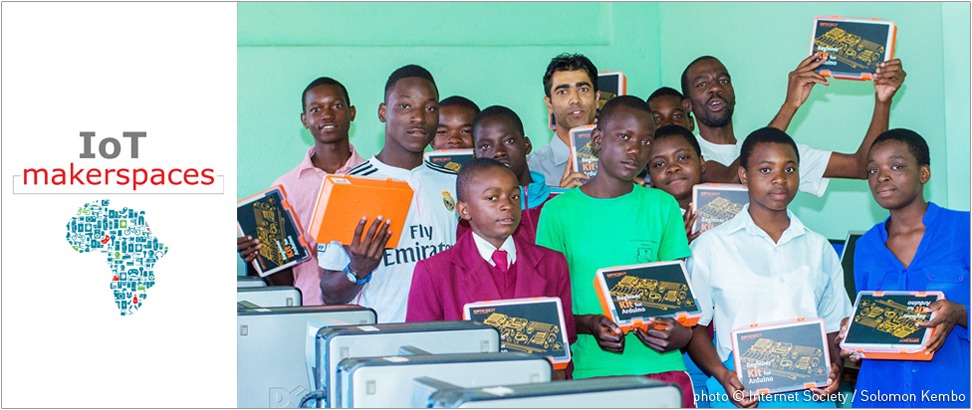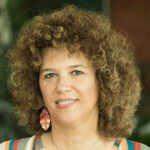Beyond the Net Journal: Zimbabwe Chapter #1 Episode
In a country where schools are operating on shoe-string budgets and families barely afford to pay fees, being a student is not always a positive experience. Some endure difficult conditions, like inadequate teaching materials or lack of competent teachers. Access to modern ways of learning such Internet and IoT is a pipe dream.
Zimbabwe currently has an unemployment rate of 85%, but estimates reveal that by 2025 Africa will have tripled internet penetration to around 600 million people opening new opportunities. In this scenario, the software engineer Solomon Kembo and his team believe that The Internet of Things is the real chance for Africa to be part of the global economy.
In collaboration with Zimbabwe Chapter, he applied to “Beyond the Net Funding Programme” with the aim of establishing IoT Makerspaces in selected Zimbabwean schools to inspire and equip local students with IoT skills and resources.
Solomon explains about the origin of the project: “We thought that a IoT Makerspaces could provide a flexible model for exploring how schools could better cultivate the interplay between students’s interest, peer culture, digital tools and academic success.”
The pilot project started at St Peter’s Mbare High School in a suburb of Harare, attended by 20 enthusiastic pupils aged between 12 and 18, who proudly refer to the Makerspace as “The Freedom Makers”. The training will last 9 months with frequency of 2 days a week.

First year program is based on Genuino/Arduino systems due to their low power requirements and flexibility. A starter kit includes components and 15 projects cards to walk students through the basic of coding and electronics. The Do-It-Yourself nature of the project enables them to develop real things and see the fun side of learning. Artifacts build in classroom instill a “maker mindset” stimulating creative thinking and problem solving.”
The students are working on several projects:
- Making an interacting traffic light
- Creating an Alarm System
- Moving a servo to sound signals
- Detecting vibration
- Sensing temperature and triggering an alarm
- Controlling LEDs with a remote control
Next steps for the following year will be:
- Extending the Arduino boards with different types of shields to add more functionality
- Getting Raspberry Pi units to explore more powerful applications
- Developing IoT applications
- Considering to expand the project to other schools
- Organizing public events to promote the Chapter activities
Solomon and his team are really passionate about the futuristic nature of this project: “We see daily how the Internet is empowering our students in ways we never imagined before. Developing real IoT applications will provide solutions to problems relevant to their communities and create new career paths. I feel we are giving a chance to their future. “
Hear from their voices
Share this story
If you like this story, please share it with your friends. That would tremendously help in spreading the word and raising the visibility of this project. Help more people understand how the Internet can change lives.
Do you have a great idea? We are interested in your project.
We are looking for new ideas from people all over the world on how to make your community better using the Internet. Internet Society “Beyond the Net Funding Programme” funds projects up to $ 30.000 USD.

